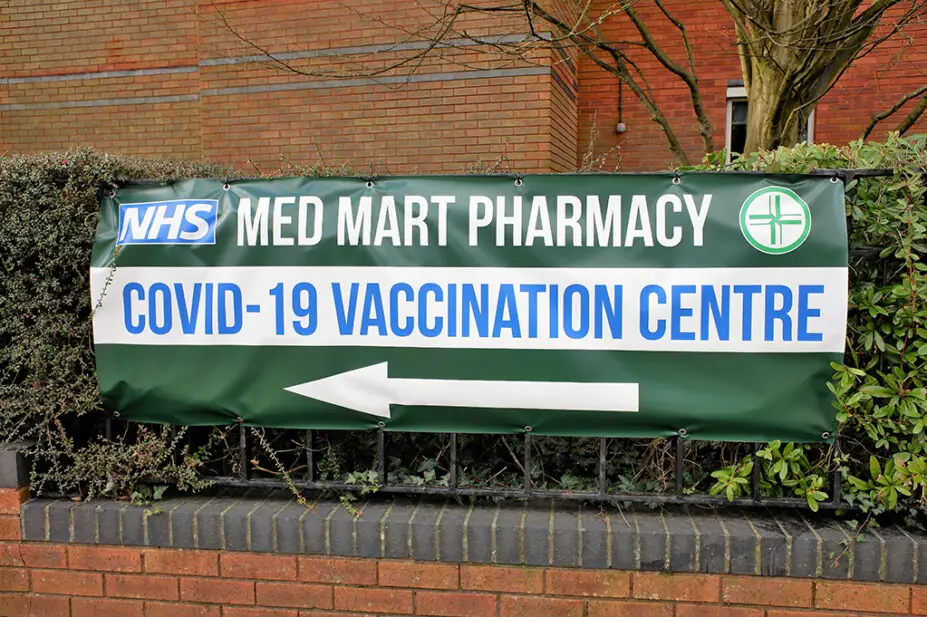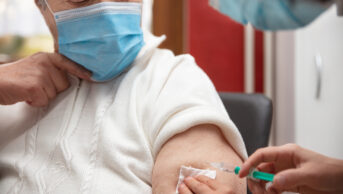
Shutterstock.com
The Royal Pharmaceutical Society (RPS) has called upon the UK COVID-19 Inquiry to look at the resilience of the pharmacy profession in the event of a future pandemic.
A statement read out on 10 September 2024 by a legal representative for the Society highlighted the need to consider the resilience of front-line workers and workforce capacity; pharmacy services across all care settings; and the medicines supply chain and medicines production.
“The pandemic exposed the complexity and fragility of medicine supply chains, leading to shortages of many commonly used medicines, as well as those used in critical care,” the statement said.
“Pharmacists have described the moral distress resulting from times when treatments would be available for specific patients one day and then restricted the next.
“It is vital that medicines production facilities are included in considering resilience and preparedness for a future pandemic,” it added.
Pharmacists across all settings experienced pressure from staff shortages, often owing to illness or self-isolation, and a “rapidly changing landscape of advice, policy and protocols”.
“Despite their crucial role providing care throughout the pandemic, the pharmacy profession — and particularly community pharmacy — was often an afterthought in government planning, guidance and communications,” it said.
The RPS highlighted national guidance on PPE as an example of policy that failed to reflect pharmacists’ circumstances and the environments in which pharmacy teams work.
“It became clear that the majority of frontline pharmacy teams struggled to source PPE,” the statement said.
Claire Anderson, president of the RPS, commented: “Our evidence has reflected how pharmacy teams went above and beyond in the face of unprecedented demand and the most challenging of circumstances.
“I hope our members’ experiences that we have shared will continue to help shape and inform the Inquiry’s conclusions.
“With continued pressures on the health service and the whole of the workforce, it is more important than ever to learn from the past so we can build a more resilient NHS and help prepare for the future.”
During the same session, a statement read on behalf of the National Pharmacy Association (NPA) said that “many medicines became difficult to source and expensive as demand outstripped supply and staff spent long hours sourcing medicines”.
It noted that despite the pressure it was under, “community pharmacy then went on to deliver some 40 million COVID-19 vaccinations”.
“Given the essential nature of their front-line role, the inquiry is also asked to consider whether there was and is sufficient investment by government in the network and the infrastructure needed to integrate community pharmacy into the broader health system,” the NPA said.
“Underinvestment leading to threats to the network is something that persists to this day,” it warned.
Paul Rees, chief executive of the NPA, said: “Pharmacies — as they always have — stepped up in the country’s hour of need, despite crippling underfunding and neglect over more than a decade that continues to this day.
“We are taking part in the COVID-19 inquiry to tell that story of dedication, sacrifice and service, and to remind policymakers today that they need to nurture and respect the pharmacy network so it is there and ready should any future health emergency hit our shores.”
In September 2023, a statement from the RPS read to the inquiry said that the UK government treated pharmacists with “double standards” during the COVID-19 pandemic.


